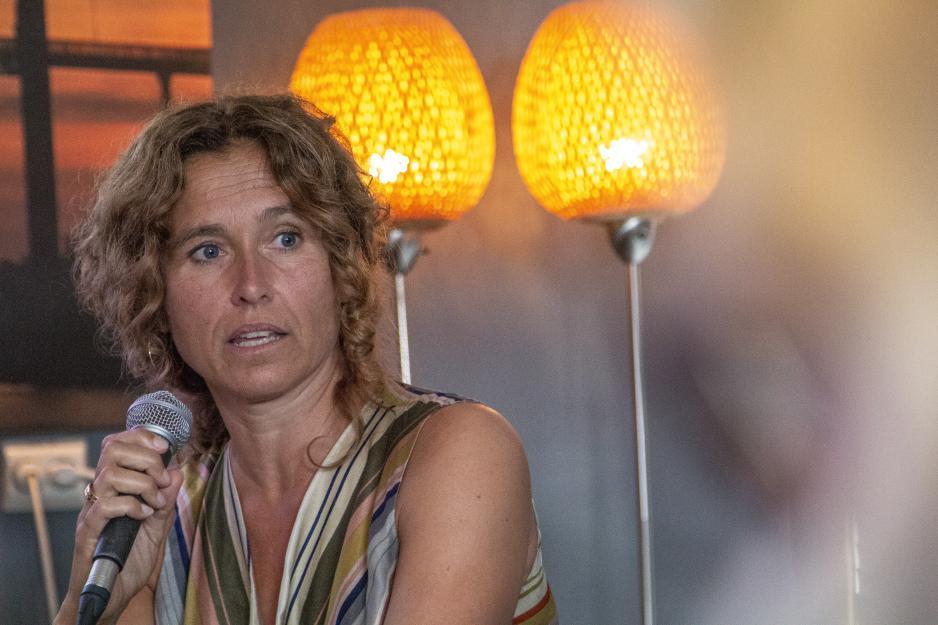Russia Has No Overall National Strategy for the Corona Crisis, Says Researcher

“We have a tendency to believe that Russia is extremely centralized, but in many cases that is simply not right”, says Julie Wilhelmsen, Senior Researcher at the Norwegian Institute of International Affairs.
“So far, it appears that the decisions about what measures to take in Russia are taken on a regional level”, says Julie Wilhelmsen, Senior Researcher at the Norwegian Institute of International Affairs (NUPI). She says that Russia so far has not come up with an overall, national strategy for managing the Corona crisis.
By Thursday, Russia had registered 2,777 cases of infection and 24 deaths, according to an update from High North News. Out of the eight Arctic states, only Iceland and Finland have fewer registered cases of infection than Russia. In the Russian Arctic, 11, 7 and 54 registered cases have been reported in Murmansk Oblast, Arkhangelsk Oblast and the Komi Republic, respectively.
Julie Wilhelmsen, Senior Researcher at NUPI, questions the official Russian figures.
“I am not so sure those figures are to be trusted. First of all, it is a question of how many people that are actually tested, and that applies everywhere, not just in Russia. There are probably many more people infected than figures show”, Wilhelmsen says.
“At the same time, the habit of making figures look better is common in Russia, and that tradition has only gathered strength in recent years. One has to assume that that is reflected in the official presentations of what happens with the Corona crisis”, she says.
No overall strategy so far
In March, Russia sent medical equipment and assistance to Italy. Many now question Russia’s own health care system as well as its management of the virus.
“Russia is a large state with many actors who sometimes pull in different directions. Some actors care more for Russia’s role in the world, Russia’s image and about what states to build relations to. These actors are very different from those who work in the health care services and with domestic politics”, Wilhelmsen points out.
“We have a tendency to believe that Russia is extremely centralized, though in many cases that is simply not correct. There have recently been many voices pointing out that it is not always a centralized system. Many actors appear to act on their own, without directions from the Kremlin.”
Wilhelmsen says that during the Corona crisis, it has been observed that the various regions in Russia take their own measures:
“As for how the various regions in Russia are to manage the Corona crisis, the Kremlin has not issued an overall strategy for it, nor about which regulations that apply.”
Moscow taking the lead
On Monday this week, Moscow Mayor Sergey Sobyanin announced a curfew for the city’s inhabitants. Wilhelmsen says it turns out that his praxis is now followed by some 2/3 of the federation.
“As far as I can see, it takes a very long time for Russia to come up with an overall national strategy. Some have pointed to Putin being increasingly isolated, less informed and out of sync with what goes on, and he appears not to care about taking responsibility in this area”, she says.
“In a way, Moscow has set an example. And then the various federation subjects; the republics, okrugs and oblasts, have to decide for themselves how to manage the situation. So far, it appears that the decisions about what measures to take in Russia are taken on a regional level, which will lead to a variety of manifestations.”
Wilhelmsen argues that Russia’s reaction to the crisis so far sets it apart from many other countries, where the response has been unequivocal and heavily centralized. Though this may change fast.
“That is actually somewhat surprising and not necessarily a good thing”, she says.
This article was originally published in Norwegian and has been translated by HNN's Elisabeth Bergquist.

